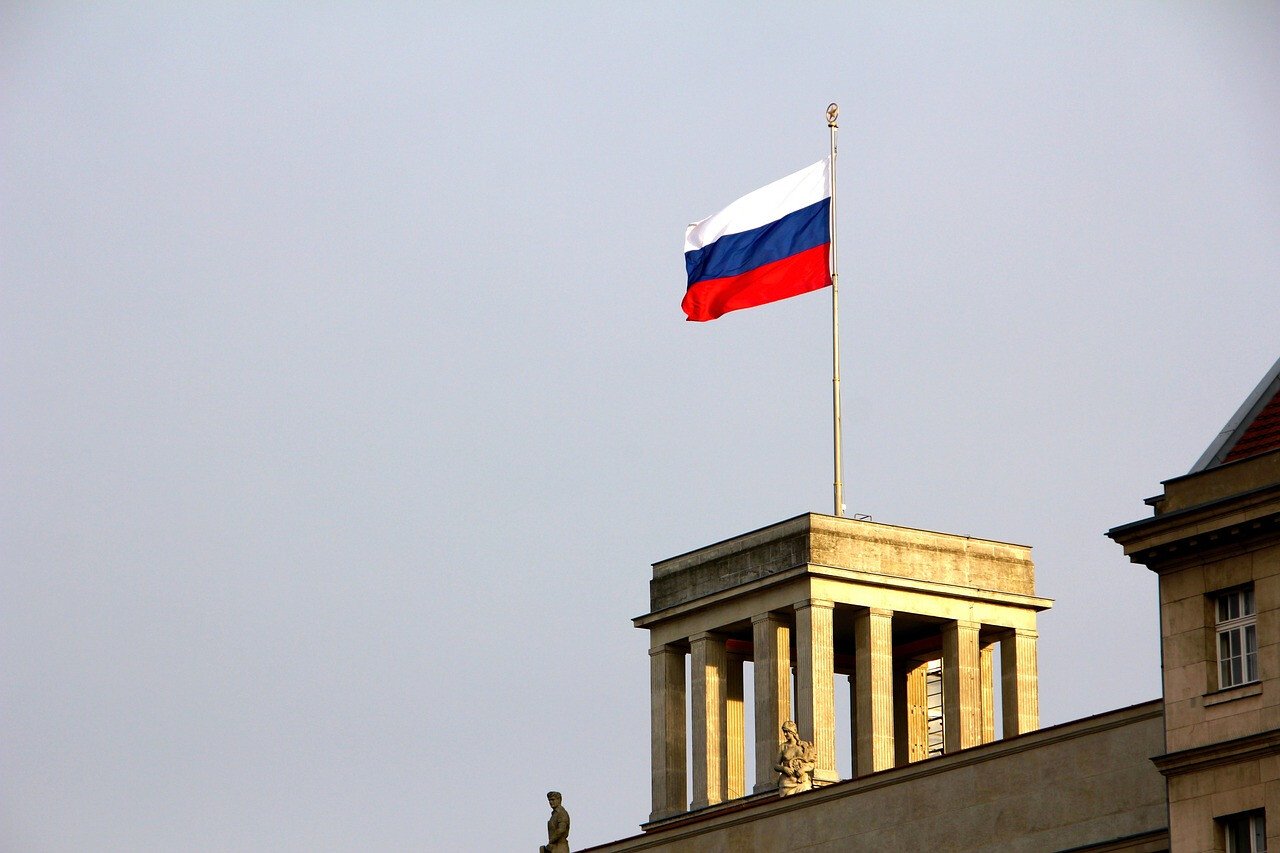OKX and Bybit are the latest digital asset exchanges to delist sanctioned Russian banks from their peer-to-peer (P2P) services.
Two Russian banks, Tinkoff Bank and Sberbank have both been removed from P2P services of some crypto exchanges due to Western sanctions following the invasion of Ukraine.
According to local sources, crypto users can no longer receive fiat in exchange for their assets through both banks on OKX and Bybit’s P2P platforms.
Although both banks have been removed, the nature of P2P transactions makes it difficult to achieve total enforcement.
Since the decision, several reports have sprung up pointing to users still deploying the banks for P2P transactions via private communications.
The two exchanges join Binance who came under fire last week for listing the banks as part of its payment methods. Following a Wall Street Journal report, Binance removed the banks although the “green and yellow” bank colors were still present.
Several customers also prefer payments in the delisted banks and make it obvious by stating it in the “adviser terms” making it difficult to enforce the sanctions.
According to the Wall Street Journal, a Binance spokesperson clarified the delisting status quo adding that while the banks have been delisted, the company will continue updating its system to ensure compliance.
“We regularly update our systems to ensure compliance with local and global regulatory standards. When gaps are pointed out to us, we seek to address and remediate them as soon as possible.”
Russia’s crypto solution hangs in the balance
Since the invasion of Ukraine, Russia has faced heavy financial sanctions spearheaded by Western countries.
These economic-crippling sanctions have turned several citizens and institutions to crypto amid its uncertain local stance as the country has banned private cryptocurrencies in the past.
Reports from financial institutions in the country show certain institutions posting plunging profits of up to 90% as they become disconnected from the global payments network, SWIFT.
Tinkoff Bank reported declining profits in Q2 2022 following sanctions on Russia’s financial institutions. The company recorded a $274 million profit signaling a 67% drop with the company pointing fingers to escalating global tensions.
“The drop was driven by the escalating geopolitical tension in the region that affected the economic and operating environment of the group and led to an increase in credit risks, volatility in financial markets, and wind-down of lending during (the) first and second quarters of 2022.”
In April it was revealed that the Bank of Russia was introducing a bill that would allow cryptocurrencies to be used in international trade (exports and imports) still barring local transactions.
The plan included licensed digital asset miners and supervision of crypto firms to facilitate global trades amid sanctions with many speculating a major shift towards cryptocurrencies.
Although Russians still adopt digital assets for foreign and local transactions, recent regulatory compliance from crypto firms may further strain the country’s web3 stance.
OKX and Bybit are the latest digital asset exchanges to delist sanctioned Russian banks from their peer-to-peer (P2P) services.
Two Russian banks, Tinkoff Bank and Sberbank have both been removed from P2P services of some crypto exchanges due to Western sanctions following the invasion of Ukraine.
According to local sources, crypto users can no longer receive fiat in exchange for their assets through both banks on OKX and Bybit’s P2P platforms.
Although both banks have been removed, the nature of P2P transactions makes it difficult to achieve total enforcement.
Since the decision, several reports have sprung up pointing to users still deploying the banks for P2P transactions via private communications.
The two exchanges join Binance who came under fire last week for listing the banks as part of its payment methods. Following a Wall Street Journal report, Binance removed the banks although the “green and yellow” bank colors were still present.
Several customers also prefer payments in the delisted banks and make it obvious by stating it in the “adviser terms” making it difficult to enforce the sanctions.
According to the Wall Street Journal, a Binance spokesperson clarified the delisting status quo adding that while the banks have been delisted, the company will continue updating its system to ensure compliance.
“We regularly update our systems to ensure compliance with local and global regulatory standards. When gaps are pointed out to us, we seek to address and remediate them as soon as possible.”
Russia’s crypto solution hangs in the balance
Since the invasion of Ukraine, Russia has faced heavy financial sanctions spearheaded by Western countries.
These economic-crippling sanctions have turned several citizens and institutions to crypto amid its uncertain local stance as the country has banned private cryptocurrencies in the past.
Reports from financial institutions in the country show certain institutions posting plunging profits of up to 90% as they become disconnected from the global payments network, SWIFT.
Tinkoff Bank reported declining profits in Q2 2022 following sanctions on Russia’s financial institutions. The company recorded a $274 million profit signaling a 67% drop with the company pointing fingers to escalating global tensions.
“The drop was driven by the escalating geopolitical tension in the region that affected the economic and operating environment of the group and led to an increase in credit risks, volatility in financial markets, and wind-down of lending during (the) first and second quarters of 2022.”
In April it was revealed that the Bank of Russia was introducing a bill that would allow cryptocurrencies to be used in international trade (exports and imports) still barring local transactions.
The plan included licensed digital asset miners and supervision of crypto firms to facilitate global trades amid sanctions with many speculating a major shift towards cryptocurrencies.
Although Russians still adopt digital assets for foreign and local transactions, recent regulatory compliance from crypto firms may further strain the country’s web3 stance.
